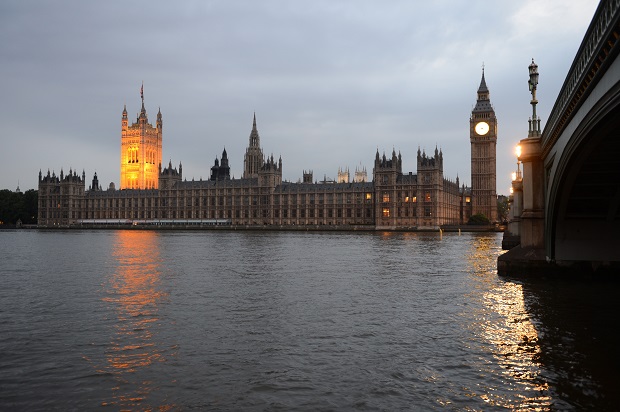Well, Labour has started on its own mission of framing the post-election legitimacy debate. Responding to the Tory operation to prepare the public for what might happen from 8 May onwards, Ed Miliband’s party is now claiming that David Cameron is determined to stay in Downing Street even if his coalition loses its majority. A senior Labour official has told the Guardian:
‘All the noise coming out of the mouths of David Cameron and Nick Clegg is about how they can cling on to power even if their coalition loses its majority.’
Labour needs to set up a narrative of a desperate David Cameron holed up in Downing Street, refusing to relinquish the trappings of office. What the Fixed-Term Parliaments Act actually sets out is that if a government fails to pass its Queen’s Speech then the government does not automatically fall, but instead the House of Commons can force it out of office by passing the motion ‘that this House has no confidence in Her Majesty’s Government’. If there is the anti-Tory majority of Labour and the SNP and so on, then this is possible.
Or else David Cameron may decide that it’s game over and his government resigns. But to claim that Cameron is occupying Downing Street while the rest of Parliament throws its hands in the air is inaccurate: Parliament can boot him out through a no confidence motion should he not decide to leave of his own accord. But the Prime Minister does not have a duty to resign.
Similarly, the Tory legitimacy argument, that the largest party should be the first to form a government, isn’t strictly true either, but what the party is trying to do is to appeal to a sense in the public that the party that has sort of won by being larger than the other main party should be the one that forms the government if at all possible. And thus so much of what you’ll hear over the next few days will be an appeal to a British sense of fairness or some other instinct, rather than an appeal to what is actually constitutional.







Comments